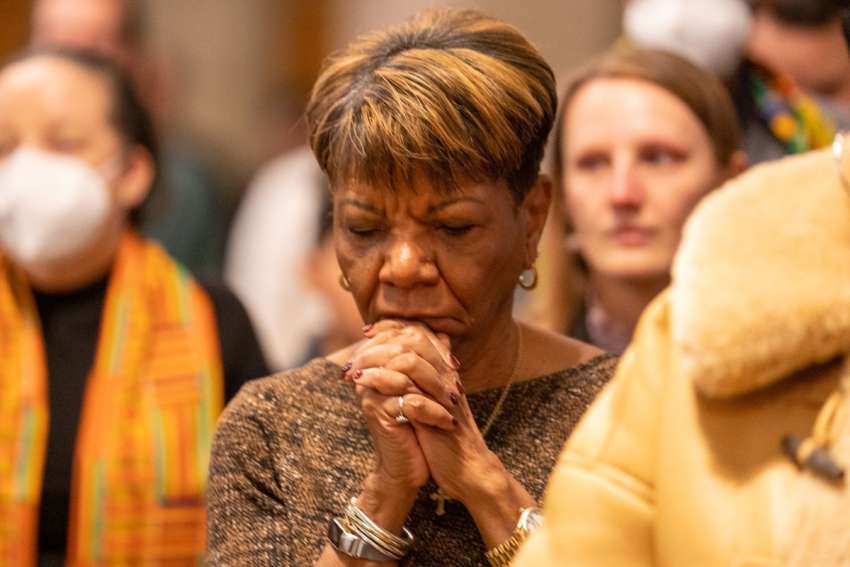Amid antipathy provoked by the Israel-Hamas War, Bloc leader Yves-François Blanchet unveiled Bill C-367 on Nov. 28, 2023, one day after a Molotov cocktail struck the Jewish Community Council centre in Montreal. The proposed law would eliminate the religious exemption in Section 319 of the Criminal Code, which states that no person would be convicted of an offence “if, in good faith, the person expressed or attempted to establish by an argument an opinion on a religious subject or an opinion based on a belief in a religious text.”
Blanchet suggested in the House of Commons that to encourage “harmony in society,” the cost may “simply be to refrain from giving inappropriate and undue privileges to people within a society who use them to disturb the peace and harmony, especially if those privileges enable people to sow hatred or wish death upon others based on a belief in some divine power.”
His bill has not yet received placement in the order of precedence four months after its introduction. In February, Blanchet’s colleague Alexis Brunelle-Duceppe tabled the same legislative proposal, renamed Bill C-373, to relaunch and advance the discussion.
Jeff King of International Christian Concern (ICC) said this bill would “be a devastating legal tool to attack people of faith in Canada and allow the politicians working through the courts and police to send devout believers to jail for quoting the Bible, Quran or other religious texts.”
The leader of the ecumenical, non-governmental and non-partisan organization based in Washington, D.C., said he has been highlighting the problematic nature of the legislation by asking people to envisage if Christians instead proposed such measures for their benefit.
“Imagine if any Christian said, ‘let’s get the government to pass laws that if anybody says something that hurts our feelings as Christians, they can be arrested or charged with crimes,’ ” said King. “I don’t know of any Christian who would raise their hand and say: ‘That’s a great idea.’ It is well understood in a democracy that we will have different opinions and feelings.”
King, who formerly served the Christian fellowship organization Campus Crusade for Christ (now known as Cru) for 11 years before joining ICC in 2003, has visited over 70 countries during his career. He observed nations’ differentiating approaches and attitudes towards freedom of religion and expression. In his view, Canada is employing “the same methods that overseas dictators and despots use to silence and strangle Christianity.”
“Here is what happens: You have the dictator or the despot, and they say for the press and the Western audience, ‘we have religious freedom.’ But when you get right down to it, what they’re saying is, ‘you, a citizen of my country, have religious freedom as long as you keep that to yourself and as long as you don’t bring that into the public square.’ ”
Though Bill C-367 and C-373 are promoted solely as mechanisms to combat anti-Semitism, King said removing the free speech protections for devout Christians, Jews and Muslims could spark charges from other communities. He noted faith-based speech critical of gender ideology could be interpreted as hate speech against LGBT citizens.
King called for Christians and “Canadians that enjoy the fruits of democracy” to “wake up” and publicly protect their rights.
A Leger poll published on Feb. 20 showed that 66 per cent of the 1,529 surveyed Canadian adults either “strongly support” or “somewhat support” removing the religious exception to hate speech from the Criminal Code. Only 13 per cent of participants answered they “strongly oppose” such an action. The remaining 21 per cent indicated they “oppose somewhat.”


